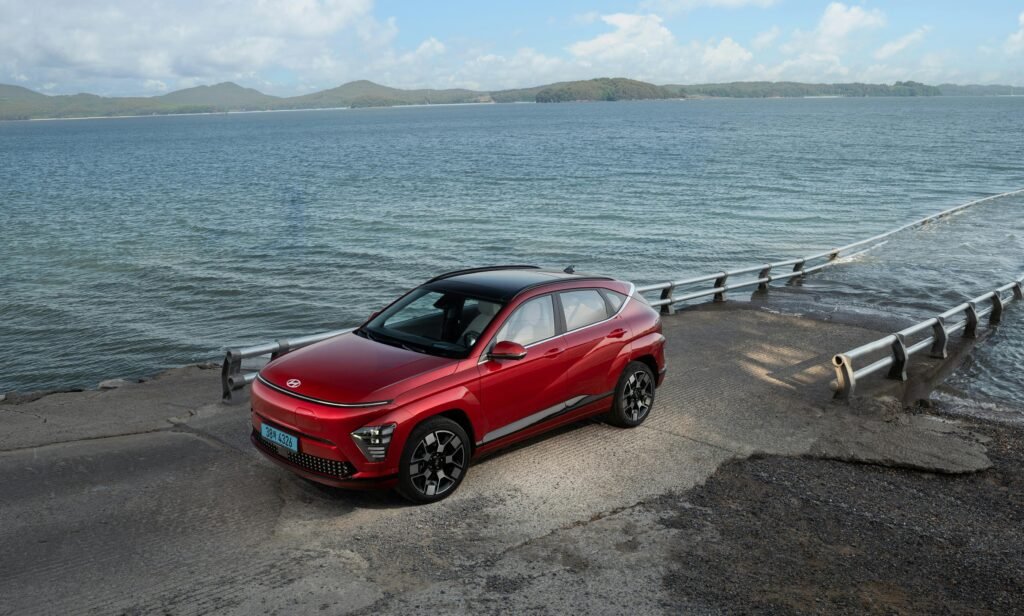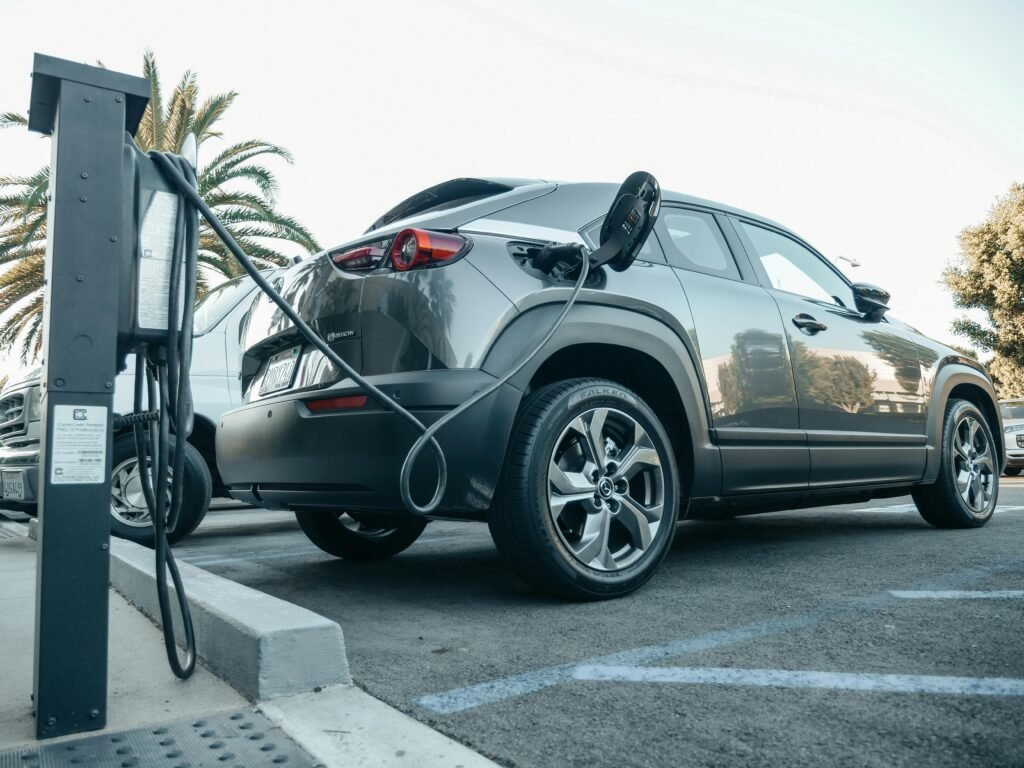Electric Vehicles (EVs) vs. Gas-Powered Cars: Are EVs Worth the Investment?
Electric vehicles are much better for the environment compared to gas-powered cars. However, many Americans are hesitant to buy them. One major reason is the higher initial cost of electric cars.
Let’s break it down with some good news: Even though electric cars have a higher price tag at first, they might actually save you money over time.
Here’s what the experts at MIT (Massachusetts Institute of Technology) found out:
- Emissions and Costs: They looked at the carbon dioxide emissions (which are bad for the climate) and the total lifetime cost of nearly every new car available. This includes the purchase price, maintenance, and fuel.
- Lifetime Savings: Despite the higher initial cost, electric cars can be cheaper in the long run. Think of it like this:
- Upfront Cost: Yes, an electric car might cost more when you first buy it.
- Maintenance: Electric cars usually need less maintenance because they have fewer moving parts. For example, they don’t need oil changes like gas-powered cars do.
- Fuel: Charging an electric car is often cheaper than buying gas. If you charge your car at home, it could be even more cost-effective, especially if you have solar panels.

Why Electric Cars are Great for the Environment
Climate scientists believe that switching to electric cars is one of the best ways to reduce greenhouse gas emissions, which cause global warming. In the United States, the biggest source of these emissions is the transportation sector, especially cars and trucks.
Jessika Trancik, an energy studies professor at MIT, led a research study on this topic. She hopes the data will help people understand how the higher initial cost of electric cars is balanced out over the car’s lifetime.
Key Points:
Lower Maintenance Costs:
- Electric cars have fewer parts that can break compared to gas-powered cars.
- They don’t need oil changes.
- They use regenerative braking, which means the brakes last longer and don’t need to be replaced as often.
Cheaper Fuel Costs:
- Charging an electric car is usually cheaper than buying gasoline.
- If you charge your car at home, it could save you even more money, especially if you have solar panels.
Environmental Benefits:
- Electric cars are much better for the environment in the long run.
- Even though making the batteries for electric cars produces more emissions initially, these emissions are offset within 6 to 18 months, depending on how clean the energy is where you charge your car.
Example:
Think about two cars:
- Gas Car: Needs regular oil changes, fuel costs, and frequent brake replacements.
- Electric Car: No oil changes, cheaper charging costs, and longer-lasting brakes.
Even though the electric car costs more to buy at first, it saves money on maintenance and fuel over time. Plus, it helps reduce greenhouse gas emissions, making it a greener choice for the planet.
So, while the upfront cost of electric cars might seem high, they can save you money in the long run and are much better for the environment!

Hybrid Cars: A Mixed Bag for Your Wallet and the Planet
The latest data reveals that hybrid cars—those nifty rides that combine fuel and battery power, and some even let you plug in—offer a mixed picture when it comes to emissions and costs. Here’s the scoop:
- Hit or Miss: Some hybrids are a great deal, costing less and emitting less harmful carbon dioxide compared to traditional gas-guzzlers. However, not all hybrids are created equal. A few models land right in the same cost and emissions zone as regular gas-powered cars.
- Gas-Powered Cars: When it comes to traditional gas-burning vehicles, they often rank as the least eco-friendly option. But, here’s a twist: their long-term costs and emissions vary widely. For instance:
- Compact Cars: Usually, they’re more affordable and efficient.
- SUVs and Luxury Sedans: On the other end, these tend to be pricier and less efficient, making them harder on both your wallet and the environment.
Dr. Trancik and her team have made this data available through an interactive online tool “https://www.carboncounter.com/#!/explore” . This handy tool helps you see the real costs of your car choices—both in terms of your budget and their impact on the planet. It’s a fresh update to a 2016 study, adding to a growing list of research showing that electric cars can lead to significant savings over time.
So, before you make your next car purchase, check out this tool to get a clearer picture of how your choice stacks up in terms of cost and environmental impact!